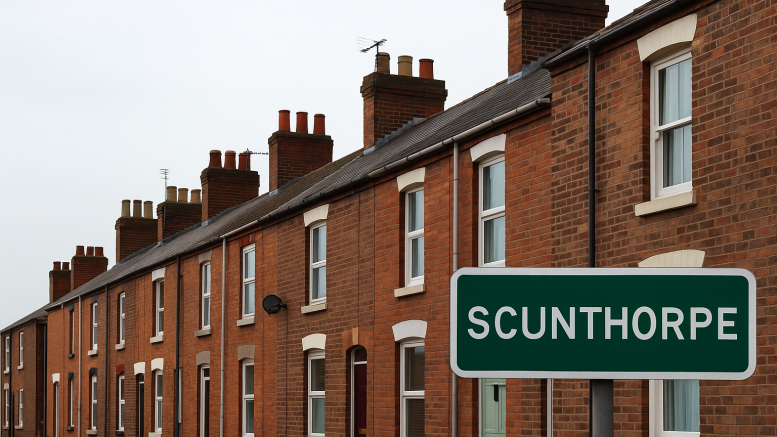A landlord group in Scunthorpe has lost its legal bid to block a selective licensing scheme, warning it will push up rents and force some investors to sell. From 6 October, landlords in parts of the town must pay almost £1,000 per property for a licence-one of the highest fees in the UK.
Landlords lose judicial review but dispute council’s justification
Scunthorpe Landlords Association had paused the rollout by launching a judicial review earlier this year. The Bank of England’s Monetary Policy Committee may dominate headlines for interest rate moves, but in Scunthorpe’s rental market, it’s this council decision that landlords say will hit hardest.
The association’s chair, Gurch Singh, expressed frustration that the case was dismissed “purely on a technicality, not on merit.” He said: “We pursued a judicial review not because we oppose improving standards in the private rental sector, but because this particular approach is unfair, heavy-handed, and fundamentally flawed.”
While the council insists the scheme will “significantly” improve property standards, Singh says there was “minimal consultation” and no compelling evidence of widespread housing problems that would justify selective licensing under law.
£995 fee branded ‘unjust and disproportionate’
Under the scheme, landlords face a base fee of £995 per property, plus an additional £340 “non-compliance” charge if certain requirements aren’t met. Singh calls it “among the highest in the country” and questions who defines non-compliance, how enforcement will work, and whether it will be fair.
He argues that the policy “punishes responsible landlords” instead of targeting the small minority of criminal operators. “It applies a blanket policy that treats all landlords as guilty by default,” he said, adding that such costs in a low-yield area like Crosby will inevitably be passed on to tenants or trigger property sales.
The National Residential Landlords Association (NRLA) has repeatedly warned that selective licensing can be used by councils as a “revenue-generating tool” to plug budget gaps-something Singh believes is happening here. “A simple walk around the affected neighbourhoods reveals neglected public spaces and general disrepair. Yet the council seems eager to shift blame onto landlords,” he said.
Local landlords fear community impact
Many landlords affected grew up in Crosby and remain active in the local community. Singh says the scheme risks eroding this connection: “These additional costs will force many landlords to either sell or raise rents, impacting tenants in one of Scunthorpe’s most financially vulnerable communities. Ironically, the people the council claims to be protecting may be the ones most negatively affected.”
Letting agents in the area share concerns over affordability. One agent, speaking anonymously, said: “We’re already seeing enquiries drop as tenants feel priced out. Add in nearly a grand per property in extra costs, and the pressure will only grow.”
Singh also questions the targeting of specific postcodes-some with higher migrant populations-while poor practices elsewhere go unchecked. “Selective licensing in its current form is not the answer. It’s a blunt instrument being used to paper over deeper structural issues and will do far more harm than good in the long run,” he said.
This case is a sharp reminder of the growing tension between councils’ attempts to regulate housing standards and landlords’ ability to operate viably. For Scunthorpe landlords, the October deadline isn’t just an administrative hurdle-it could reshape investment decisions, rental pricing, and even community ties.







